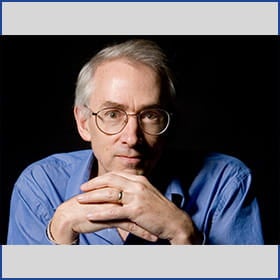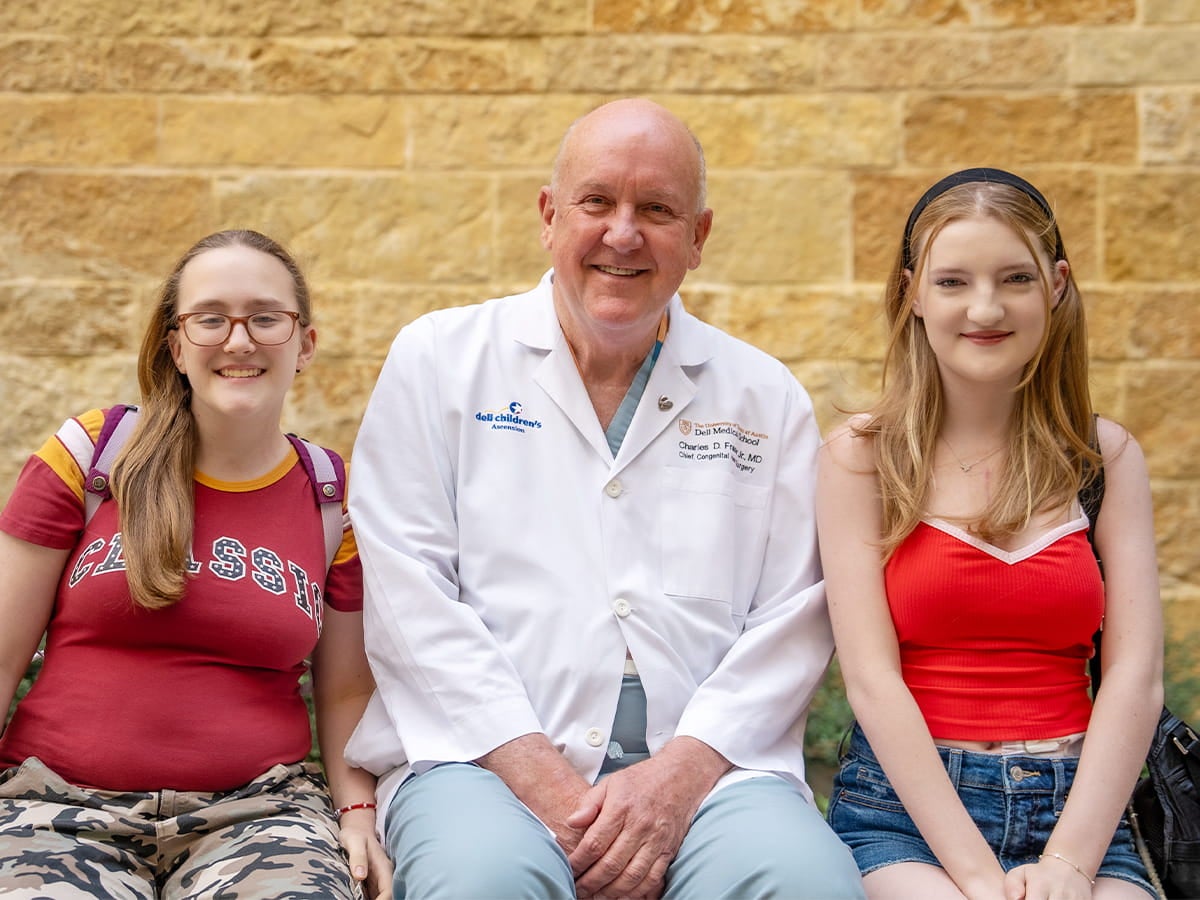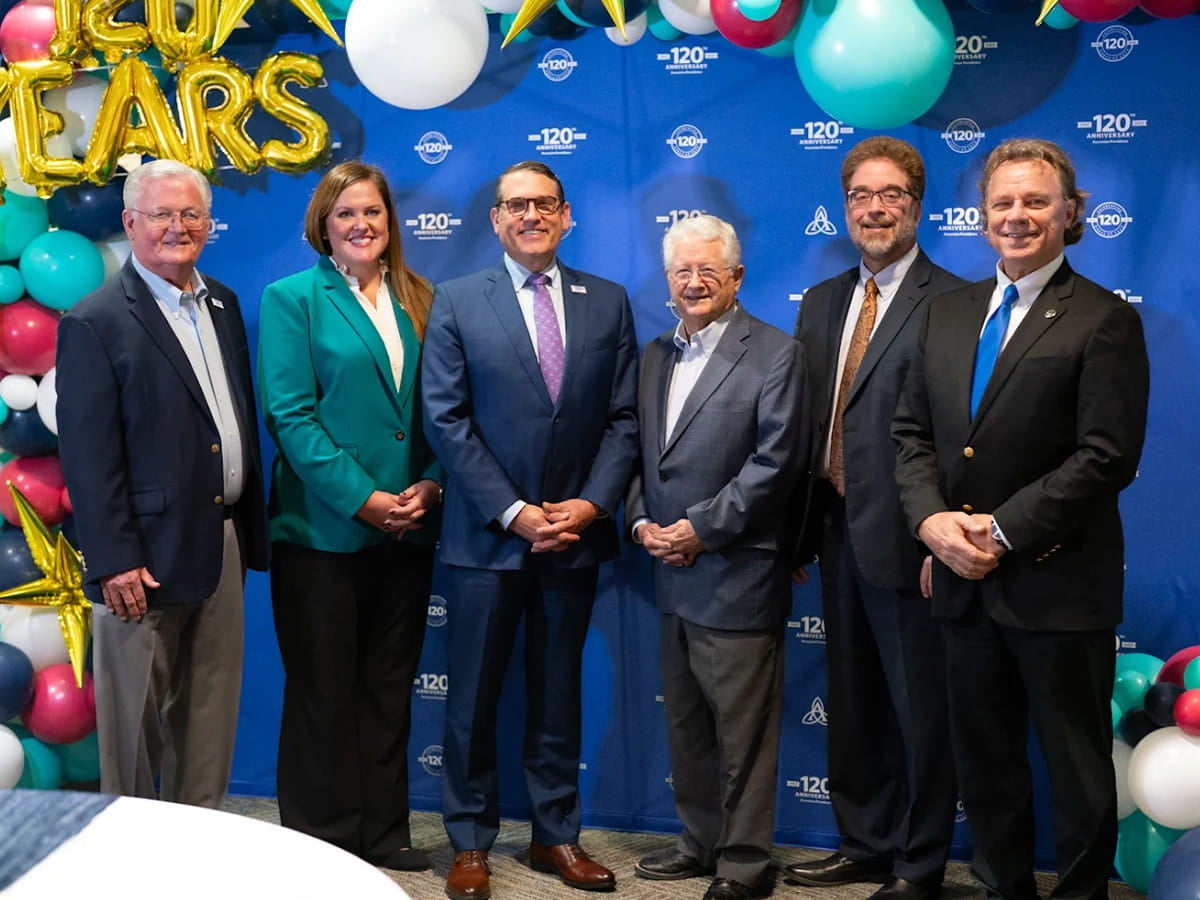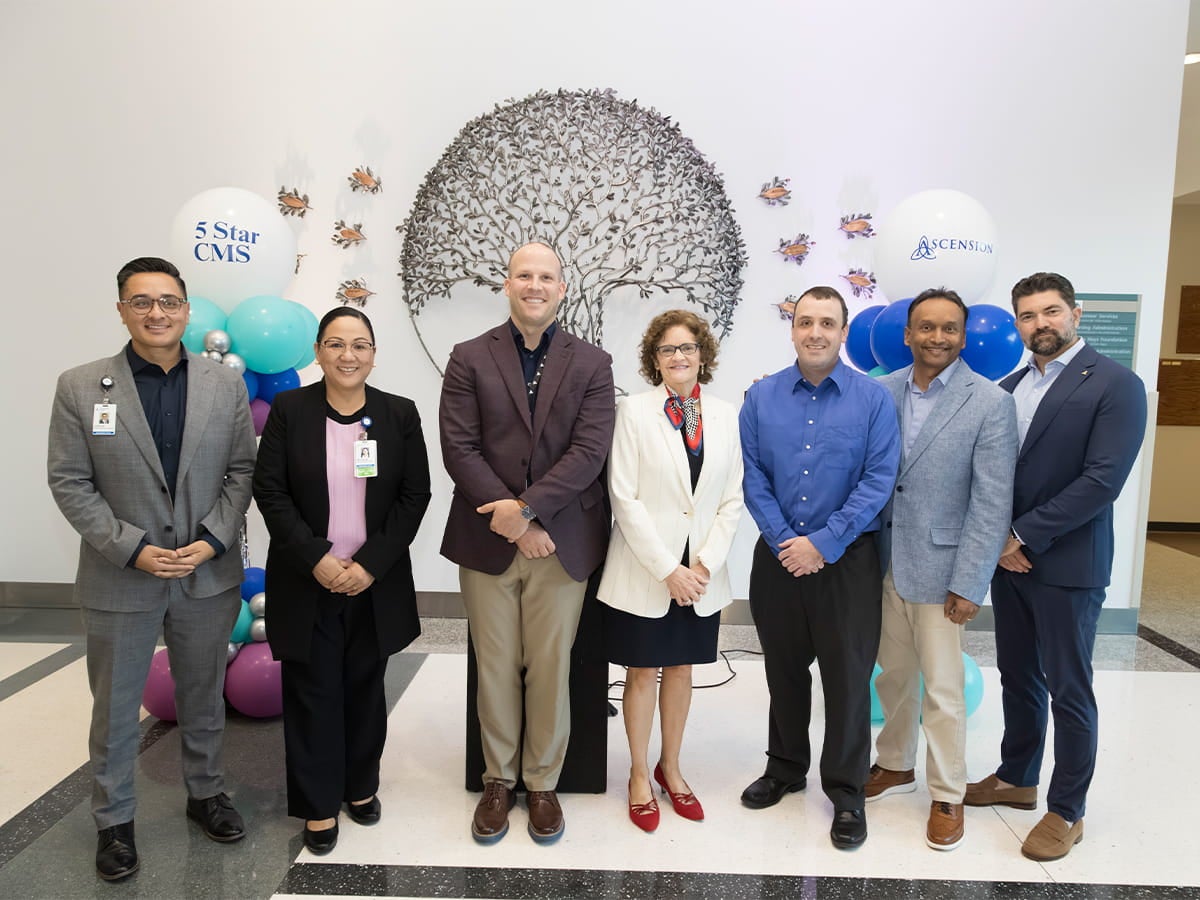Evolutionary biologist David Sloan Wilson will speak at the 18th Annual Sr. Mary Rose McPhee lecture sponsored by Ascension’s Seton Cove Spirituality Center in Austin, Texas, Oct. 17. Wilson, SUNY Distinguished Professor of Biology and Anthropology at Binghamton University, part of the State University of New York, applies evolutionary theory to all aspects of humanity. His topic will be “Steering toward the Omega Point: Managing Cultural Evolution for the Global Good.”
The next day, Wilson will present a workshop, “Prosocial: A Practical Framework for Managing Cultural Evolution in any Group or Business Setting.” Click here for details.
In the following essay, Patricia M. Speier, Senior Director, Ministry Formation, Ascension, and Executive Director, Seton Cove-Austin, discusses Wilson’s work and approach.
* * *
Do we live in a culture that is all about the individual, or do we live out of an ethos that we are our brother and sister’s helper? Do we live by the value that we are all in this together, or is it every person for themselves?
Evolutionary biologists have the science to support that we are genetically disposed to cooperate with one another, and when we are put in situations where that kind of behavior is thwarted or even discouraged, we will not thrive. These scientists are demonstrating that the moral and ethical command to “love your neighbor as yourself” is, in the long term, necessary for our survival.
As Dr. David Sloan Wilson says in his latest book, “This View of Life”: “One of the main take-home messages of this book is the importance of small nurturing groups for both individual well-being and efficacious action at a larger scale.”
The message of Wilson’s book comes at an important time in our culture. New York Times op-ed columnist David Brooks notes: “Our society suffers from a crisis of connection, a crisis of solidarity. We live in a culture of hyper-individualism. There is always a tension between self and society, between the individual and the group. Over the past 60 years we have swung too far toward the self. The only way out is to rebalance, to build a culture that steers people toward relation, community and commitment – the things we most deeply yearn for.”
Wilson, whose work is influenced by the scientist and Jesuit priest Pierre Teilhard de Chardin (1881-1955), writes: “Teilhard described consciousness as a process of evolution reflecting upon itself. He portrayed the human colonization of the planet as starting with ‘tiny grains of thought’ that eventually merge with each other to form a global consciousness … called the Omega Point. … From a purely secular perspective Teilhard’s Omega Point corresponds to the vision of a world where governments work together for the good of their citizens and live in balance with the rest of life on earth.”
Who wouldn’t want to live in this kind of society? Wilson says, “Teilhard described the Omega Point as not just a theoretical possibility but a sort of heaven on earth worth pursuing with one’s heart and soul.” Wilson provides practical guidelines about how we can learn to cooperate more effectively in groups and between groups in a way that serves our individual good as well as the good of our communities. These pro-social guidelines are based on principles developed by Nobel Prize-winning economist Elinor Ostrom. Wilson’s work brings science and spirituality together in a compelling and hope-filled way.
David Sloan Wilson will lecture in Austin, Texas, on Oct. 17 and will lead a pro-social workshop on Oct. 18. The lecture and workshop annually honors Sr. Mary Rose McPhee, DC, founder of Seton Cove-Austin. Click here for details.
By Patricia M. Speier




